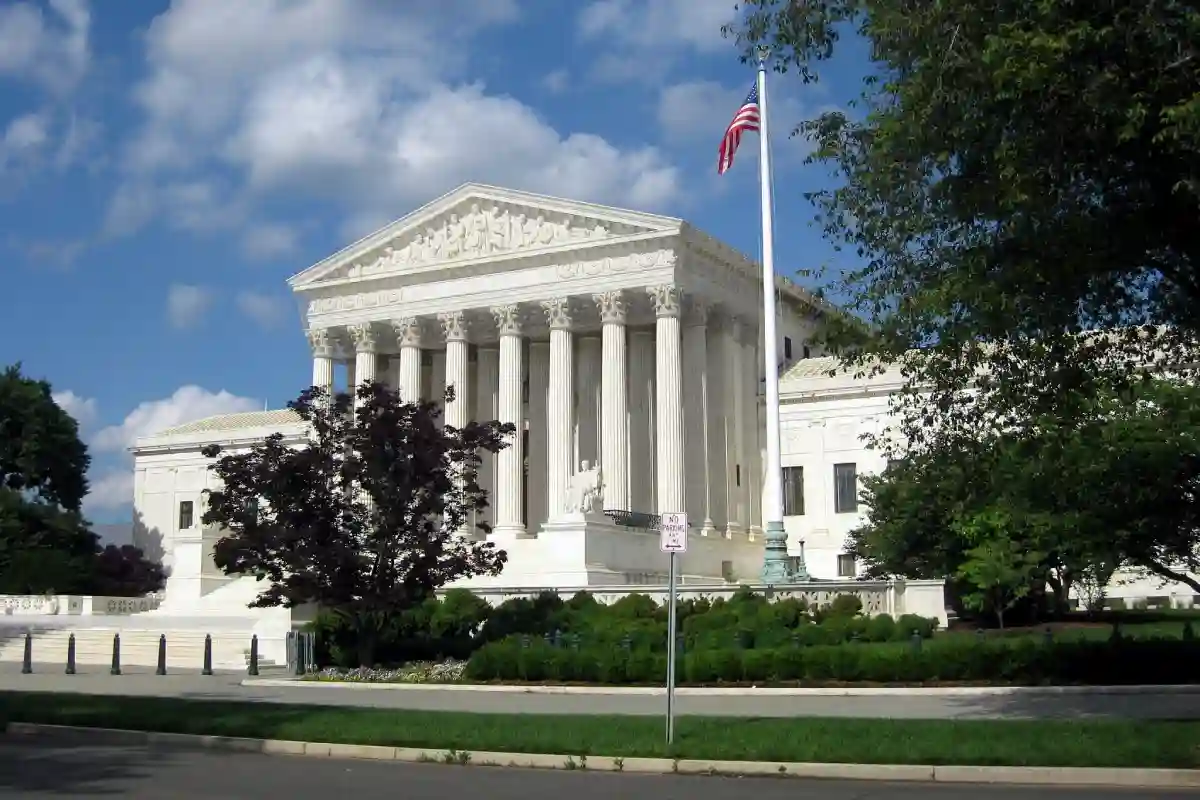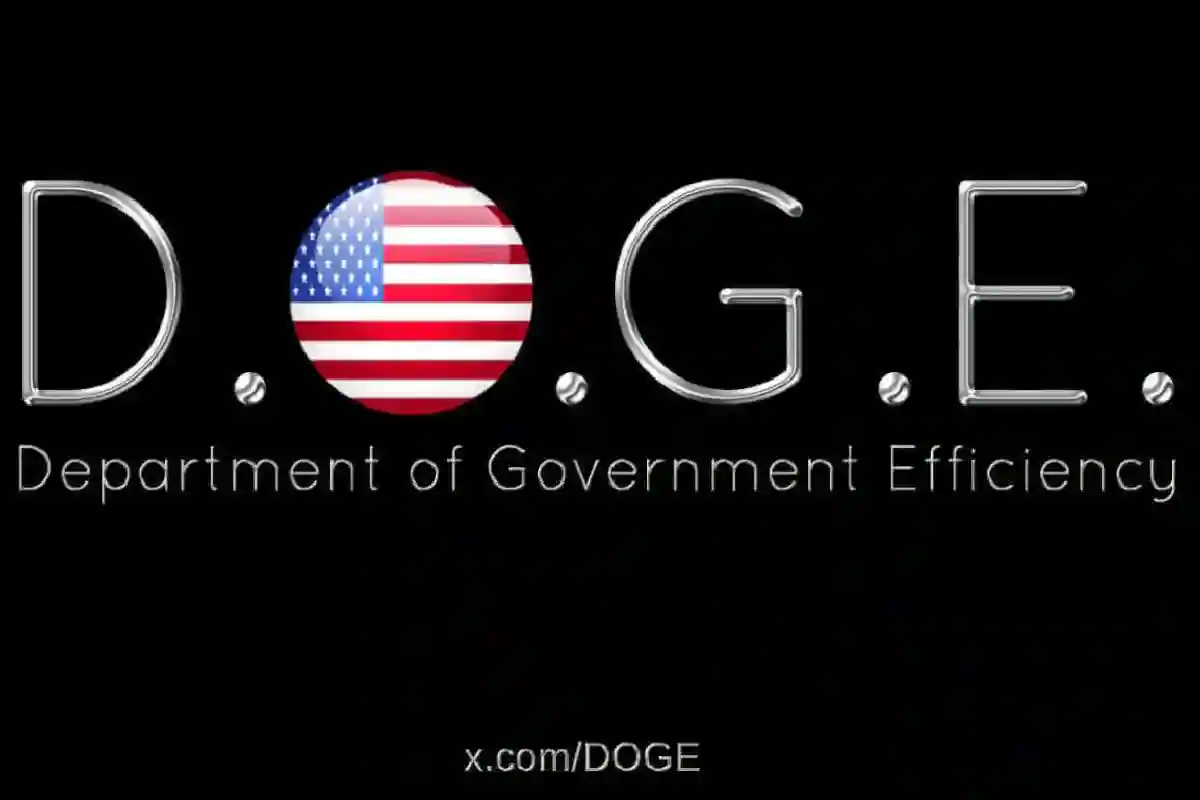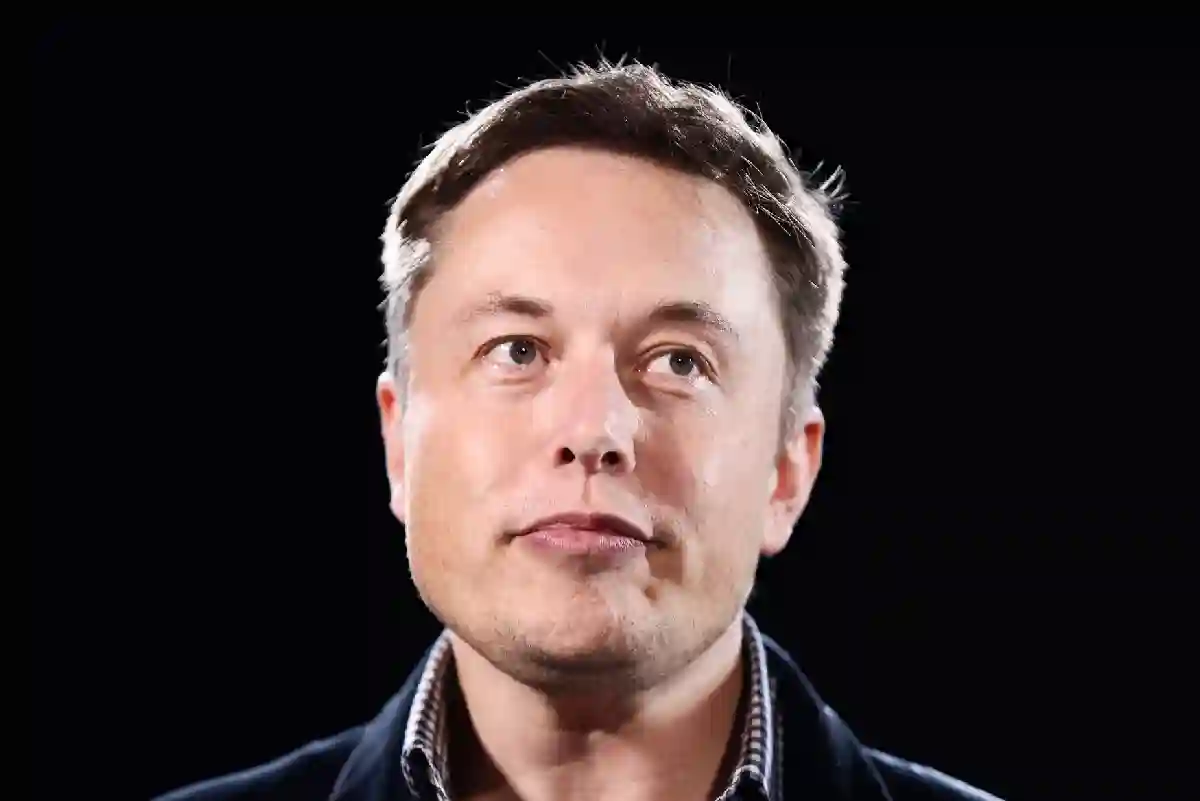In an era where data drives decisions, the Supreme Court’s recent ruling on DOGE’s access to Social Security data has sparked intense debate. This controversial move promises greater government efficiency but also raises urgent questions about privacy and oversight.
What does this decision mean for your data, and how will it shape the future of public policy? Start reading to explore the implications behind this landmark ruling.
Supreme Court Decision Raises Privacy Concerns

In a landmark 5-4 ruling, the U.S. Supreme Court has granted the Department of Government Efficiency (DOGE) access to sensitive Social Security data, a decision that is already stirring significant legal and public debate.
While supporters argue the move enhances data-driven policymaking, critics warn it could open the door to serious privacy infringements.
By giving DOGE access to Social Security records—including financial history, residential data, employment records, and health-related details—the court has set a new precedent on how government agencies can use personal information.
Civil liberties advocates argue that this level of access, if left unchecked, could lead to misuse or surveillance without adequate oversight.
What is DOGE and Why Does This Matter?

The Department of Government Efficiency (DOGE), a relatively new federal agency, has been tasked with improving policy outcomes using big data. However, this expanded access raises the stakes.
With the ability to mine vast datasets from Social Security, DOGE could theoretically analyze patterns to improve public programs, but at what cost?
Privacy experts and some dissenting justices expressed deep concern that the ruling lacks adequate guardrails. Without clear limits, DOGE’s access to social security data could lead to mission creep, where data collected for one purpose is used for another without public consent.
Public and Global Reactions

The decision has already drawn sharp criticism from organizations such as the Electronic Frontier Foundation (EFF) and the American Civil Liberties Union (ACLU), both calling for immediate legislative checks.
International observers are also watching closely, concerned about how the U.S. sets a precedent in handling mass data access.
Notably, the case attracted public attention due to the support it received from billionaire Elon Musk, who has advocated for more streamlined government operations. Still, experts argue that technological efficiency should not come at the expense of democratic safeguards.
Balancing Efficiency with Privacy Rights

While proponents believe DOGE’s access to Social Security data could improve fraud detection and public service delivery, privacy advocates warn that such access must be regulated.
Without transparent safeguards, expanded data use could easily compromise civil liberties. The key challenge now is ensuring that efficiency doesn’t come at the cost of accountability and personal privacy.





